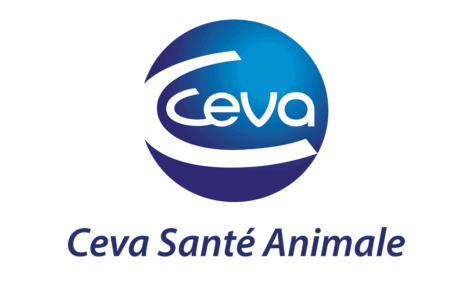



World Trade Talks Stall over Definition of Safety Standards
GLOBAL - World Trade Organization (WTO) talks over an agricultural trade deal have hit another block as one of the negotiating committees could not reach an agreement over a definition for private standards for food safety and animal and plant health.When the committee met last week, it also deferred a decision of a mediation procedure designed to avoid legal disputes.
Both issues have been discussed for several years in the Sanitary and Phytosanitary Measures (SPS) Committee and countries working on compromises had thought that their efforts were close to producing a consensus solution.
The committee, which consists of all 159 WTO member governments, monitors how countries are applying the WTO SPS Agreement, which deals with food safety and animal and plant health, and discusses issues arising from these rules and from individual countries’ measures.
With no consensus on a definition for private SPS standard, the committee accepted a suggestion from Canada to look at definitions for private standards used in other international forums and to try to adapt these to SPS.
However, the failure to agree on a definition aroused concerns from some members — some new, some repeated — about each other’s measures involving meat, animal products and live animals, shrimps, and other products, with African swine fever joining diseases that are more regularly on the agenda such as mad cow (BSE) and foot-and-mouth diseases.
They shared information with each other about their regulations or SPS administrations. There were particular concerns from the US, Canada, Pakistan and Burundi, from Japan about radiation from the Fukushima nuclear power station, and from the EU on an outbreak of African swine fever in wild pigs.
Nine specific trade concerns were withdrawn from the agenda or announced as resolved in the meeting.
Some, such as Japan lifting a ban on fresh fruits from Argentina, Australia, Chile, Italy and Turkey, were the result of several years of negotiation. Others issues were withdrawn following bilateral talks among delegations attending the committee meeting.
Three years after members agreed to try to define private SPS standards, such as those of supermarket chains and other entities outside government, the WTO members remain deadlocked.
They have now agreed to look at how other international bodies define private standards, and see how these might be adapted to food safety and animal and plant health.
The Secretariat will compile the information for the next meeting in July.
This follows the failure of China and New Zealand — whose own positions were originally significantly different — to persuade members to accept the draft compromise they prepared from the contributions of a group of countries (an “e-working group”). Some members within the working group could not accept the draft.
China urged members to be constructive and agree on a definition in order to avoid “disaster” for the committee.
Belize agreed, and said its own papaya and citrus exporters are suffering from the high costs of meeting buyers’ requirements that are unjustified and can differ even when the buyers are from the same country. Sharing the concerns were El Salvador, India and Ecuador.
Delegates and other experts also discussed the relationship between the SPS and trade facilitation at a session organised after the committee meeting by the Standards and Trade Development Facility (STDF).
A decision on the proposed compromise on the mediation procedure has been delayed until the next meeting.
India wanted some issues to be clarified before it could accept the compromise.








